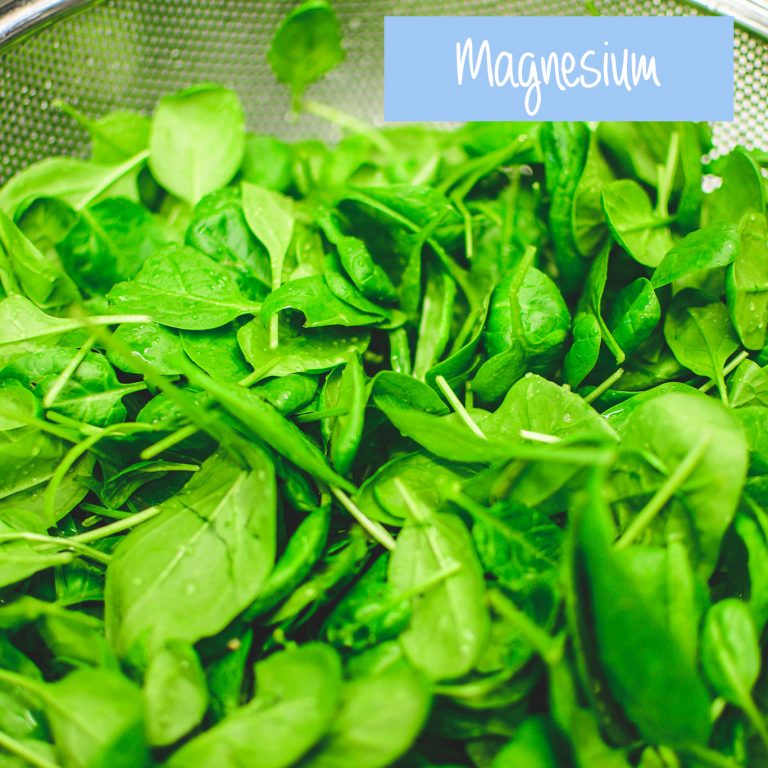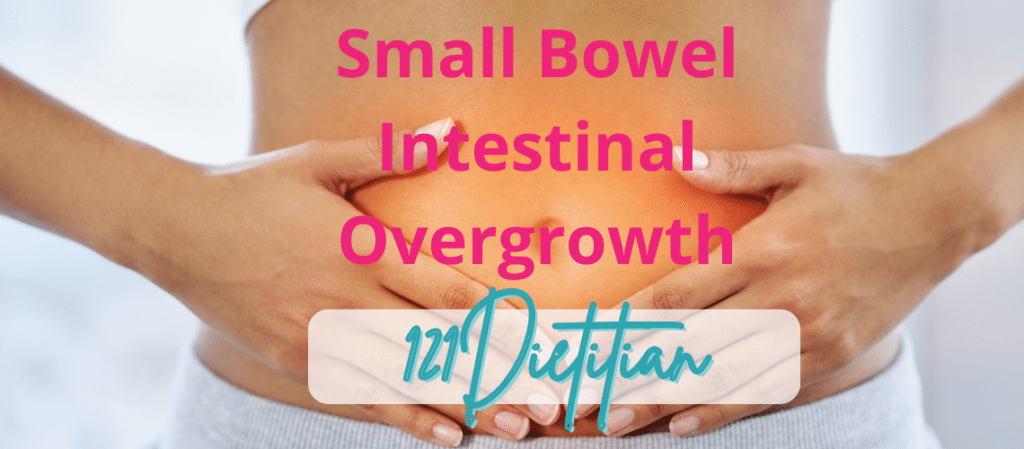High Blood Pressure Diet – Top Tips
Blood Pressure Diet
What is hypertension and why is a Blood Pressure diet so important? It is something many of us never think about, but it keeps you alive and it is important to stay in a healthy range! In this blog, we cover all you need to know and how to improve it.
Blood pressure is when your heart pumps blood through your arteries, putting pressure on the artery wall. This naturally goes up and down with your normal daily activities.
A normal blood pressure level is less than 120/80 mmHg
What do blood pressure numbers mean?
Blood pressure is recorded with two numbers:
The first number is called systolic blood pressure. This is the pressure in your arteries when your heart beats.
The second number is called diastolic blood pressure. This measures the pressure in your arteries when your heart rests between beats.
If you have never had this checked yourself you may have seen someone else have this done or a Dr on TV using a cuff and stethoscope on patients to listen to their arm! This is checking blood pressure.
An electronic blood pressure monitor is the up-to-date easy way of checking your home blood pressure and it is a household essential for many:

OMRON X3 Comfort Automatic Upper Arm Blood Pressure Monitor for Home Use, Clinically Validated Blood Pressure Machine Including Use on Diabetics and Pregnancy, Intelli Wrap Cuff for Accurate Results
Clinically validated: The OMRON range of blood pressure machines has been validated by respected clinics, based on the latest European Society for Hypertension (ESH) or International Organisation for Standardisation validation protocols. X3 Comfort is also validated for use on diabetics or during pregnancy (pre-eclampsia). Intelli Wrap Cuff: this easy-to-use, pre-formed upper arm cuff, measuring 22-42 cm, takes away the hassle of cuff placement and ensures accurate readings in any position Cuff wrap guide: a major cause of inaccurate blood pressure monitoring is due to incorrect placement, but the Cuff Wrap Guide and body movement detection indicators help you avoid these mistakes
What is High Blood Pressure?
High blood pressure, also known as hypertension, is when your blood pressure is higher than normal.
The higher your blood pressure means you are at greater risk of
- heart disease
- heart attack
- heart failure
- stroke
Not what you want to be hearing.
High blood pressure also increases your risk of developing the following health problems
- Kidney disease
- Vision problems, retinal changes
- Sexual dysfunction, such as erectile dysfunction
- Circulatory problems, including peripheral artery disease (leg pain when walking)
- Atrial Fibrillation – Abnormal heart rhythms
- Vascular dementia
- Aortic Aneurysm – vessel swelling in the abdomen
So how common is High Blood pressure?
Nearly 1/2 the population in America have high blood pressure and in the UK it is 1 in 3 adults (around 16 million) not far behind.
To be classed as having high blood pressure you will have a reading of 140/90 or higher and this can happen at any age. This figure of having high blood pressure rises to at least 1 in 2 over-65s.
Unfortunately, most people will never know they have high blood pressure as it is known as the silent killer and so often easily reversed.
If you do have the following symptoms:
Headaches, anxiety, nosebleeds, and palpitations do get them checked out as these can be signs of high blood pressure (as with all symptoms they can be linked to various other health issues so regardless do get your health checked).
Why do we get High Blood pressure?
The top risk factors for high blood pressure include:
Being overweight/obese – The more you weigh the more blood flow is required to the tissues to supply nutrients and oxygen. Blood vessels increase and so does the pressure inside your arteries.
Too much salt (sodium) in your diet – your body retains fluid when there is too much sodium in your diet. This causes the arteries in your body to narrow. Both increase blood pressure.
Too little potassium in your diet -Potassium is important to help balance the sodium in your cells. Potassium causes the smooth muscle cells in your arteries to relax, which lowers blood pressure.
Not being physically active – Exercise lowers blood pressure by increasing blood flow through all the arteries of the body. This leads to the release of natural hormones and cytokines relaxing blood vessels. Lack of physical activity also increases the risk of being overweight which as we know now is a risk factor in itself.
Hypertension/High Blood Pressure can be reversed or lowered in many cases so spotting it early and fixing it is so important.
What lifestyle change lowers blood pressure the most?
Weight loss for high blood pressure
Weight loss is one of the most effective lifestyle changes for controlling blood pressure. If you’re overweight or have obesity, losing even a small amount of weight can help reduce blood pressure.
Blood Pressure diet – Nutrient-rich foods
Many people embark on trying to lose weight for multiple reasons, many due to health, and they hit a brick wall after a few weeks or months. Following macros, friends’ recommendations, or very kcal-restricted diets. They start with the best of intentions, but if they are not focused on the long game the diet becomes boring, and tasteless and can lead to far more problems than they started with.
I have written about this in other blogs and also have several videos on my YouTube channel about weight loss, macros and intuitive eating.
The focus for blood pressure is getting key nutrients in each day potassium, calcium and magnesium are just a few. These nutrients help control blood pressure. While building these in, reducing sodium, saturated fat and added sugars is critical.
Salt/Sodium and High Blood Pressure
Salt/sodium intake is directly correlated to high blood pressure and is found in so many processed foods – both sweet and savoury.
Adults should eat no more than 6g of salt a day (2.4g sodium) – that’s around 1 teaspoon in all the foods and fluids you consume. Children aged: 1 to 3 years should eat no more than 2g salt a day (0.8g sodium)
Common high salt foods include Bacon, sausages, ham, meat pies, sausage rolls, pizza, crisps, bread, some cereals…..
One slice of pan-fried pork bacon alone has 194 milligrams of sodium!
Thankfully there are no special foods required to reduce your blood pressure, just focus on eating a wide range of vegetables, fruits, and whole grains. Including low-fat dairy products, fish, poultry, beans, nuts, and unrefined oils.
121 Dietitian programmes are created especially for you to ensure you get all of the correct nutrients and still make it tasty and enjoyable lifelong.

How did we design our Blood Pressure Diet? DASH
The DASH eating plan was designed from the Dietary Approaches to Stop Hypertension clinical study funded by the National Heart, Lung, and Blood Institute in 1997. This study found that populations who consume diets rich in vegetables and fruits have a lower blood pressure than those whose diets are low in vegetables. In addition to fruits and vegetables, dietary fibre, potassium, calcium, magnesium, and protein were all essential.
All these important nutrients are the cornerstone of our 121 specially designed programmes!
Drinking less alcohol
Having more than two drinks per day causes constriction of blood vessels and increases the blood flow and heart rate causing hypertension. Alcohol can derail all good intentions and this can lead to unhealthy snacks or takeaways. Alcohol also provides high-energy liquid 7kcal/ml so all in all something to really consider if you are a regular drinker.
Increasing exercise
As mentioned exercise has many positive benefits for not only blood pressure but for the body and brain as a whole. The most important here to remember is enjoyment and knowing that you can sustain the change. A boot camp may sound appealing but are you able to keep the regimen going after you attend? Easing yourself in if you do have health problems is safer and likely to be more long-lasting.
In addition to the above:
It is really important to look at your overall lifestyle and find strategies to manage stress, improve sleep and quit smoking.
Need help optimising your Blood Pressure Diet or are unsure of how to change your eating habits?
Please contact us. We would love to help you or your family and friends with your blood pressure concerns or any nutrition-related queries big or small.
If you are unsure of how to change your eating habits, or need help optimising the foods you eat please do contact us. We would love to help you or your family and friends with any nutrition related queries big or small.
In the meantime do please check out our 121Dietitian Shop
If you have enjoyed this blog we would love you to share this with your family and friends on your social media channels.
Why not visit our YouTube Channel for more on keeping your health optimal.
Alcohol
In our blog Hangover Cures Put To The Test we have looked at the studies on each one in order to determine which one is actually the best. Here are 2 of our 12 findings…
Alka-Seltzer for a hangover
One of our least favourites, containing a concoction of aspirin, paracetamol and caffeine. It is believed that Alka-Seltzer before heading to bed will leave you feeling revived and hangover-free in the morning. Research at Leeds Metropolitan University revealed that while they can help a headache and neutralise excess stomach acid, the main benefits are probably from the effect of drinking the water that they are dissolved in. They aren’t recommended for sensitive stomachs.
Artichoke extract for a hangover
Believed to help the liver process alcohol, there is conflicting findings on the effect of Artichoke extract. The journal Phytomedicine showed that a supplement of 400mg extract of artichoke leaf extract helped stomach problems, and there is anecdotal evidence that it reduces indigestion, an upset stomach and nausea. Experts however at King’s College London and South London and Maudsley NHS Foundation Trust along with the Canadian Medical Association believe this has no effect on a hangover and you are wasting your money.
Blood Pressure when consuming Alcohol
- Eat well before you go out drinking
- Drink slower and pace yourself
- If thirsty drink a non-alcoholic drink first, and or
- Consider diluting your alcohol
- Definitely interspersing with healthy soft drinks is a winner
- Choose plain or fizzy water
If you want to book your programme TODAY we would love to help you.
You can book a 121 Dietitian Programme today by clicking on the link below
Links included in this description might be Amazon affiliate links. If you purchase a product or service with the links that I provide I may receive a small commission.
